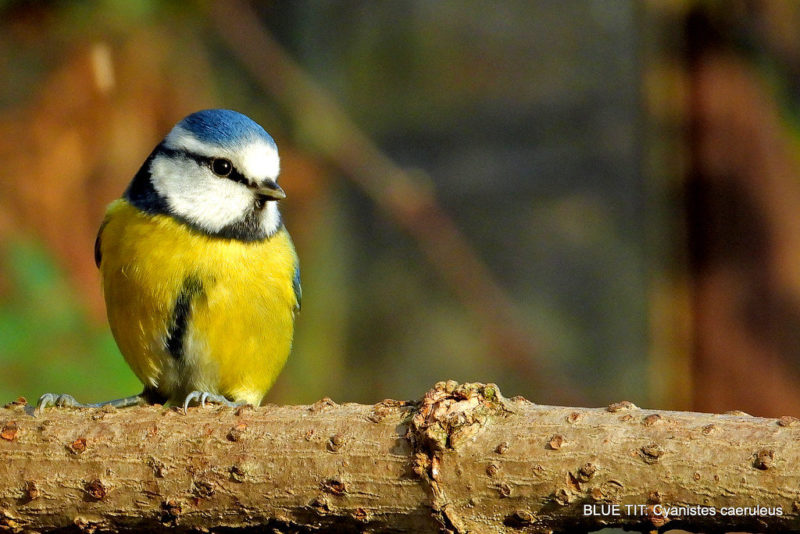What About The Animal Kingdom?
Countless animals in the UK are affected by climate change, this includes many animals which you may be familiar with as it ranges from the humble bee to the tiny blue tits that often visit our gardens and feeders.
It is essential that we do whatever we can to help these animals as unlike us humans, they don’t have voices to call out for help and change. This is why we must learn more about the challenges that they face and what difference we can make.
Bees
There are 250 different species of bees in the UK and as we know, they are our main pollinators (insects which spread pollen) for plants and crops. They are very important for our food system. This means that if we lose our bees, all of our wildflowers and many different species of bugs could lose their homes and go extinct. I mean, we’ve all seen what happens in the bee movie.
Bees are suffering because of warmer and wetter winters, violent weather conditions such as heavy storms and flooding and unreliable seasons (hotter and more wet in spring and autumn) which means that it is much harder for bees to find food.
Not to mention, extreme farming also destroys habitats (where bees live). We have lost 97% of wildflower meadows in the UK. These habitats are what bees thrive on, this is what keeps them alive. Without them, they could be wiped out.
In order to help save the bees, we can plant bee friendly plants and a large variety of flowers in our gardens so that they have access to nectar from March to October.
Bees love primrose, buddleia and marigolds.
Also, we should be eating sustainable honey. Try to choose a local honey from individual Bee Keepers who practice sustainability, this means that they aren’t hurting the bees whilst making the honey. Many harmful chemicals are usually used in agriculture (bee farms) to get rid of invasive species in our environment like pests and this can be so very harmful for our bees.
Garden birds
A prime example of a well-loved and well known garden bird is the blue-tit. Often, we can see these tiny balls of cuteness fluttering and weaving their way through our gardens.
However, this year in particular has proven to be horribly harsh on these little creatures.
The breeding cycle (when blue-tit eggs are laid and hatched) depends on peak availability of caterpillars (this is however many caterpillars are out in the wild) which is their main food source.
Unfortunately, as the climate warms, trees are coming into leaf much earlier which means that caterpillars are hatching earlier too. If baby blue-tits leave the nest at the wrong time, there could be trouble because there might be a lot less caterpillars to go around and less food means fewer chicks survive.
4% of blue-tits in 2020 died within their first two weeks of life. This year, a shocking 37% died. This is terrible and we must do what we can to help.
We can make a difference to this horrible situation by putting up nest boxes, topping up our garden feeders with the right food and making sure to accommodate for both canopy (up high) and ground feeding species of garden birds.
Puffins
We often see puffins at our beaches, you might consider these birds as something you see whilst on holiday. Sadly, these birds are also badly affected by climate change and human mistakes.
Overfishing already severely reduces food sources. This alongside the fact that fish populations are moving away because of warming sea temperatures means that the puffin’s sources of food are disappearing more and more.
Puffins, as well as many other species of seabirds have been seen giving their chicks pieces of plastic to feed on. One way to reduce the impact on puffins is to stop using single-use plastics. For example, use metal straws, reusable bottles and bags-for-life instead of plastic ones.
By Carys Fury
Sources:
https://www.wwf.org.uk/updates/9-uk-species-affected-climate-change
https://www.rspb.org.uk/get-involved/campaigning/climate-change-effects-on-nature-and-wildlife/effects-of-climate-change-on-wildlife/
https://www.countryliving.com/uk/wildlife/countryside/a36603015/blue-tits-bad-year-springwatch/





